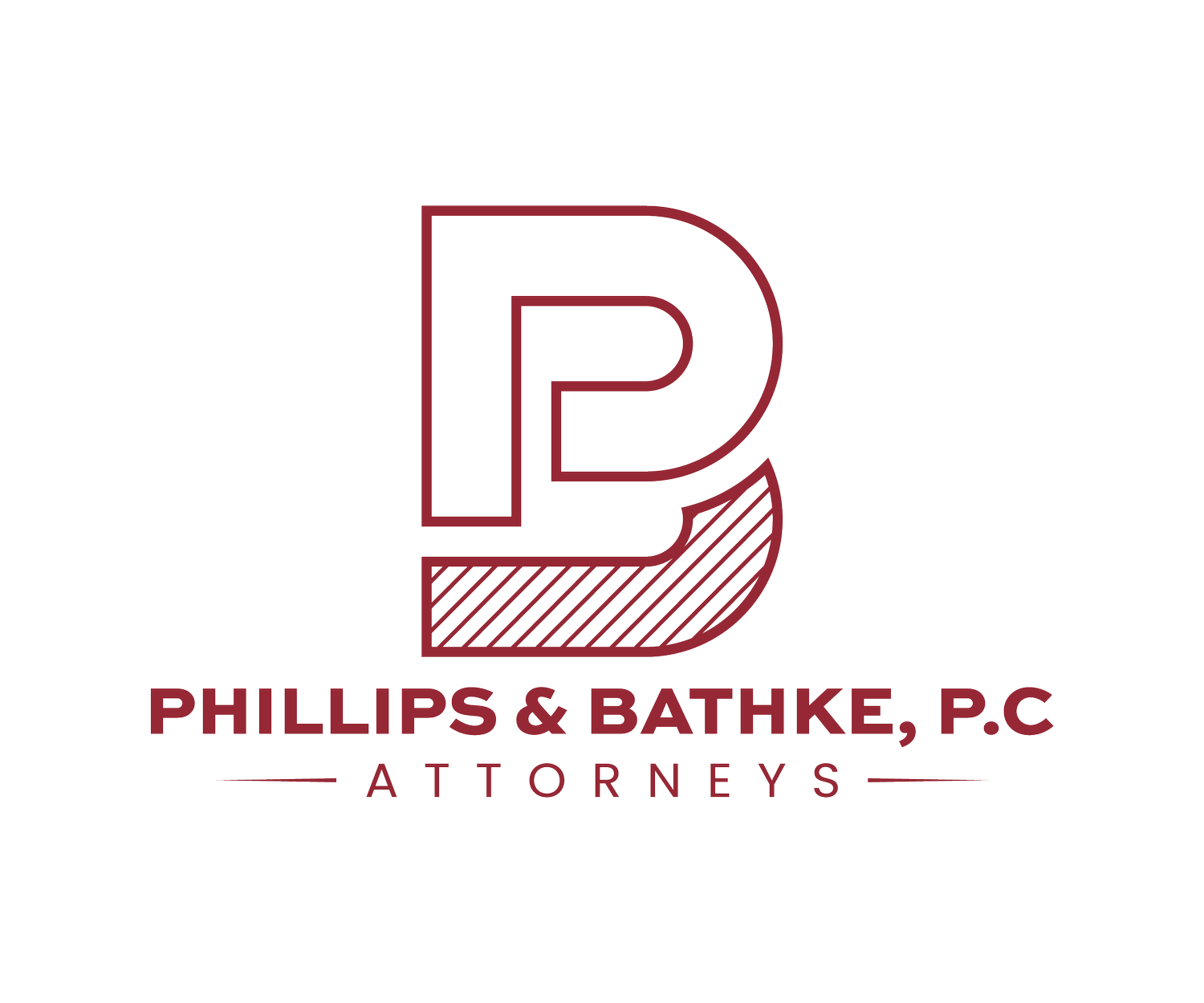Unlawful DMCA Takedowns - what to do?
If you are reading this article, you likely received an email from your online service provider (Amazon, Etsy, Ebay, TikTok, Facebook, Instagram, etc.) that a DMCA takedown notice was filed against you claiming that one of your product listings or posts infringed another’s copyright protected work. You review the notice but cannot understand how or why anyone could possibly claim that you copied another person’s work.
Unfortunately, individuals and businesses sometimes unlawfully file DMCA takedown notices to force the removal of content and listings. They either 1) do not understand U.S. copyright law (which can be confusing) or 2) understand U.S. copyright law but do not care given the competitive advantage they often gain by removing others’ online listings and content. Luckily, you have certain tools at your disposal to force your online service provider to repost your content and combat against individuals and businesses that fall into category 2) above.
But first, you want to make sure to review the takedown notice to confirm that you in fact did not copy someone else’s work (especially if you are not located in the U.S., see comments below).
During this important review, you should ask yourself two questions:
Is the work cited in the report substantially similar to my work?
Did I have access to this work (i.e. did I see it before I created my work)?
If the answer to both questions is no, then you have grounds to file a DMCA counter notification or counter notice with your online service provider (Amazon, Etsy, Ebay, TikTok, Facebook, Instagram, etc.). And if you have evidence that the individual or business filing the notice knowingly misrepresented that your content was infringing, you may also be able to file a claim against that individual or business in either U.S. federal court or at the Copyright Claims Board. We address each option in turn.
Filing a Counter Notice
If the DMCA notice was unlawful, then you can file a counter notice. A counter notice is often a form that you fill, e-sign, and submit to your online services provider. In that form, you provide your contact information and state under oath that you have a good faith belief the content was incorrectly removed or disabled. It is important to understand that by filing a counter notice, you agree to be sued in the judicial district where you live in the U.S. For example, if you live in Peoria, Illinois, you can be sued in the U.S. District Court for the Central District of Illinois.
And if you are not in the U.S., then you agree to be sued in the judicial district where the online service provider is located. For example, if you live in France and you file a counter notice with Etsy, you could be sued in New York, specifically the U.S. District Court for the Eastern District of New York (where Etsy is located). This is very important to consider especially if you are not located in the U.S.
Once a counter notice is submitted, the online service provider will provide that counter notice to the person who filed the DMCA takedown. The online service provider will then repost your removed content unless the person who filed the DMCA takedown files a lawsuit to stop this reposting and notifies the online service provider of the lawsuit within 10 business days. If no lawsuit is filed, then your content should be back online between 10 -14 business days.
Filing a Claim for Misrepresentation
In addition to filing a counter notice, if you have evidence that the person filing the DMCA takedown notice knowingly misrepresented that your content was infringing, then you can file a claim against that person for the damage you suffered as a result of the takedown along with your costs and attorney’s fees. This can either be filed in federal court or at the Copyright Claims Board (CCB) (see our related Article on the CCB). The important question you must ask is “what amount of money did I lose as a result of the removed content.” If this amount is likely more than $30,000, then federal court might be the better option. If not, then the CCB might be the place to bring a claim.
In federal court, there is no limit to the amount of actual damages you can receive, but the process can be much more time consuming and expensive. At the CCB, the proceedings are more cost-effect and streamlined but the amount of damages recoverable is limited to $30,000 (exclusive of attorney’s fees, which are capped at $5,000 absent extraordinary circumstances). Whether you chose one forum or the other, either option is likely to deter the person who filed the malicious DMCA takedown from doing so again.
Hopefully, this information will prove useful when you next receive an unlawful DMCA takedown notice. Given the complexity of U.S. copyright law and the factual analysis required, it should be noted that this article merely provides a generalized overview of your options. Nothing can replace the benefit of consulting with an attorney on these issues. With that in mind, should you need assistance with analyzing the DMCA takedown notice you received and providing you our recommendations, please let us know by submitting the following form:
